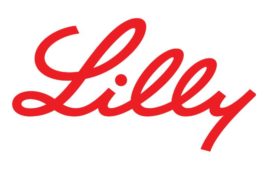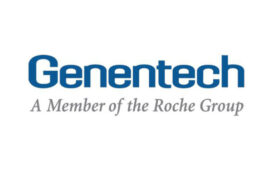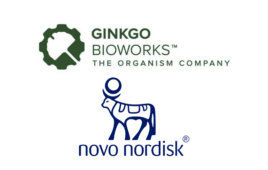 Unveiling Sanofi’s AI-powered pharma strategy, the French pharma giant announced its plans to tap AI for insights across the company. With “plai,” an internal app, AI could provide real-time data supporting decision-making.
Unveiling Sanofi’s AI-powered pharma strategy, the French pharma giant announced its plans to tap AI for insights across the company. With “plai,” an internal app, AI could provide real-time data supporting decision-making.
Sanofi’s goal, as CEO Paul Hudson stated in a news release, is to become the first pharma company powered by AI at scale, “giving our people tools to make better everyday decisions.”
How Sanofi’s AI-powered pharma strategy compares to other industry moves
Several other companies have initiated similar AI-powered moves over the years. For instance, in December 2016, Pfizer and IBM inked a deal to use IBM Watson for drug discovery in immuno-oncology. Roche has explored using machine learning for diabetes diagnostics while companies like Novartis have advertised hundreds of AI hires in recent years.
Challenges of AI in healthcare and Sanofi’s AI-powered pharma strategy
Yet, deploying AI in healthcare settings often poses challenges. Consider the case of IBM Watson, which shone on Jeopardy in 2011 but faced struggles in healthcare and the commercial world later.
Nevertheless, AI systems have grown more robust in recent years. Gartner estimated that AI software revenue is growing at roughly 20% annually. Market growth is expected to accelerate as organizations progress with their AI maturity.
Sanofi’s “plai” to rethink pharma
Sanofi’s AI-powered pharma strategy involves “plai,” an app developed with AI startup Aily Labs. It offers personalized predictive analytics and scenarios to guide company-wide choices.
In late 2022, Sanofi unveiled a new Paris headquarters. The company has steadily ramped up its focus on AI in recent years. Late 2021 saw Sanofi planning to acquire Amunix for its AI empowering smart tumor-only drug delivery and investing in Exscientia after five years of partnership on AI for drug discovery. Furthermore, Sanofi has inked partnership deals with Insilico, Atomwise, and Owkin on AI for drug development. “We’ve only scratched the surface of how AI can transform medicine,” Hudson expressed.
The impact of Sanofi’s AI-powered pharma strategy and its industry comparison
Sanofi isn’t alone in its AI focus. Companies like Eli Lilly, Boehringer Ingelheim, Click Therapeutics, Novartis, J&J, AZ, BMS, GSK, Bayer, and Takeda are also making significant AI moves. Notably, Takeda has invested heavily in AI to speed up drug discovery, claiming that the technology helped identify candidates in months instead of years.
Indeed, AI can be challenging for pharma. “Black box” models yield game-changing insights but lack transparency, causing concern. Some of the most accurate ML algorithms have traditionally been the most puzzling for humans to comprehend.
The potential of AI in drug development
The potential of AI in drug development, particularly in strategies like Sanofi’s AI-powered pharma, is becoming increasingly apparent. When these complex models work, they expedite the drug discovery process, accelerate time-to-market, and unlock new therapeutic opportunities hidden within vast seas of data. Bloomberg labeled AI in Big Pharma as a $50 billion opportunity. Companies that successfully harness its power could significantly shorten the billion-dollar-plus and decade-plus timelines of drug development.
Embracing the Sanofi’s AI-powered pharma strategy, companies that seamlessly and ethically integrate AI into their operations could chip away at the billion-dollar-plus timelines of the decade-plus time spans of traditional drug development.





Tell Us What You Think!